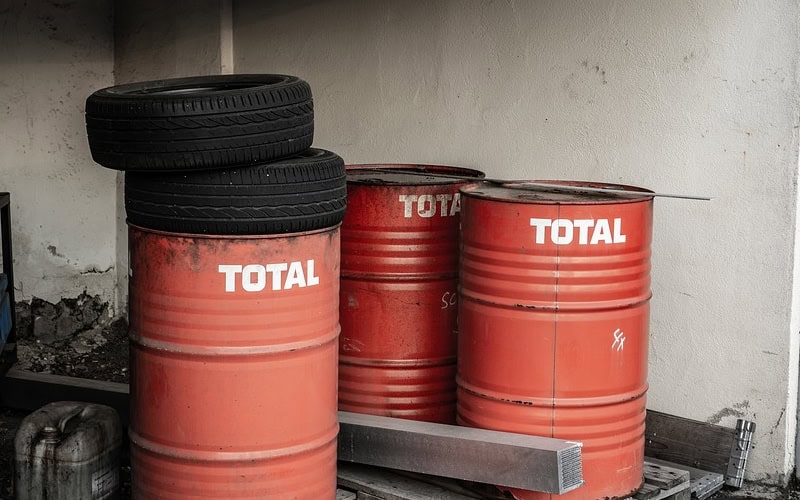NEW DELHI: The government on Sunday launched the third round of oil and gas auction under the Open Acreage Licensing Policy (OALP), which is expected to generate $600-700 million exploration work commitment.
“It is expected that the OALP III would generate immediate exploration work commitment of around $600-700 million,” the Petroleum Ministry said.
Petroleum Minister Dharmendra Pradhan declared the third bid round open with the launch of the notice inviting offer and model revenue sharing contract at the three-day Petrotech 2019 global meet, which got underway at Greater Noida in the national capital region on Sunday.
Under the OALP III, 23 blocks spread across 12 sedimentary basins, including 19 on-land, three shallow water and one deep-water blocks, covering over 31,000 sq km are on offer, according to the Petroleum Ministry.
Bids can be submitted online from February 11 to April 10.
According to the ministry, the bidding for the OALP Round II, started on January 7 with 14 blocks on offer, will continue till March 12.
In October 2018, the government awarded 55 blocks to explorers under the OALP Round I.
“We awarded 55 blocks, spread across 10 sedimentary basins, under the maiden bid round after a gap of six years, and 30 contract areas under the Discovered Small Field (DSF) Policy Bid Round I,” Pradhan said at the launch.
“The second bid rounds for both the DSF Policy and the Open Acreage Licensing Policy are underway and have witnessed encouraging response from investors,” the minister said.
Around Rs 5,900 crore investment has been committed for the exploration of 55 oil and gas blocks, awarded through the first round of auction.
The OALP, under the new Hydrocarbon Exploration and Licensing Policy (HELP), allows investors to carve out blocks of their choice and submit an expression of interest (Eol) throughout the year.
Under the HELP, the competitive bidding will be continuous and blocks will be awarded twice a year.
The HELP replaced nine earlier rounds held under the New Exploration Licensing Policy (NELP) wherein the government carved out areas for bidding.
The HELP’s main features are revenue-sharing contracts as opposed to the previous profit-sharing model, single licence for both conventional and unconventional hydrocarbon resources exploration and marketing and pricing freedom.
[source_without_link]IANS[/source_without_link]

